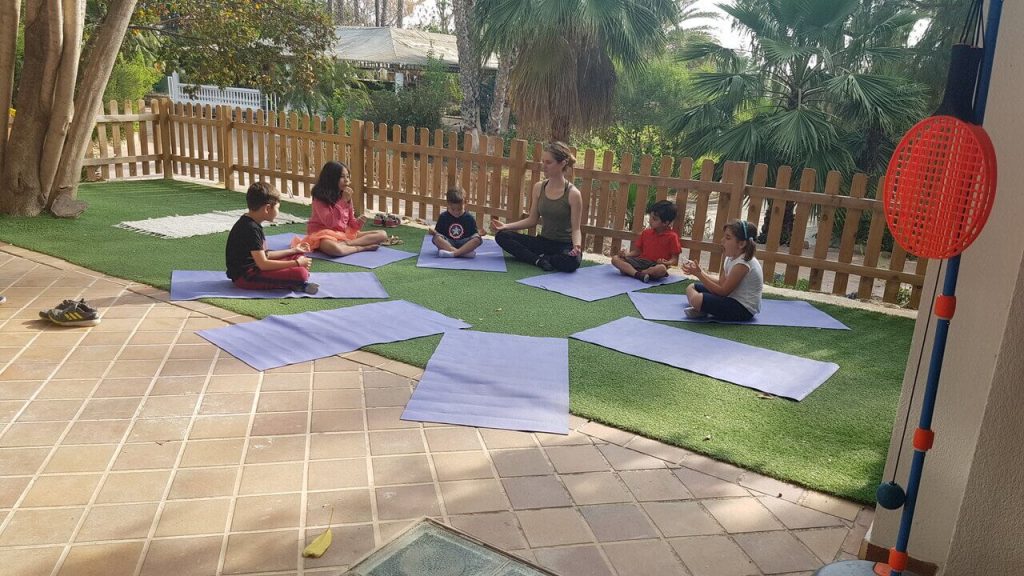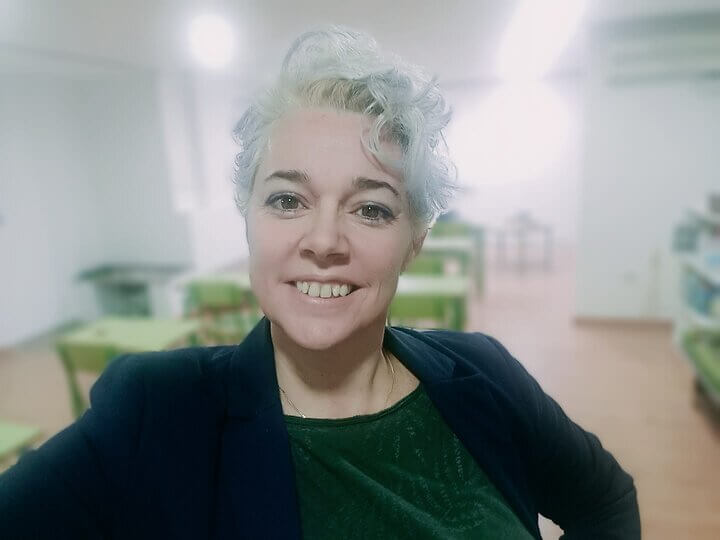reaching students everywhere
Spanish e-resident Mercedes Gil on using Estonian e-Residency to run an international school in the most efficient, digital way possible
Gil applied two years ago and picked up her e-Residency kit at the Estonian embassy in Madrid. She has never looked back.
"We are the early adopters," says Gil, "and this is a great program."
More from e-Residency
- Sign up for our newsletter
- Watch fresh video content - subscribe to our Youtube channel
- Meet our team and e-residents - register for our next Live Q&A


